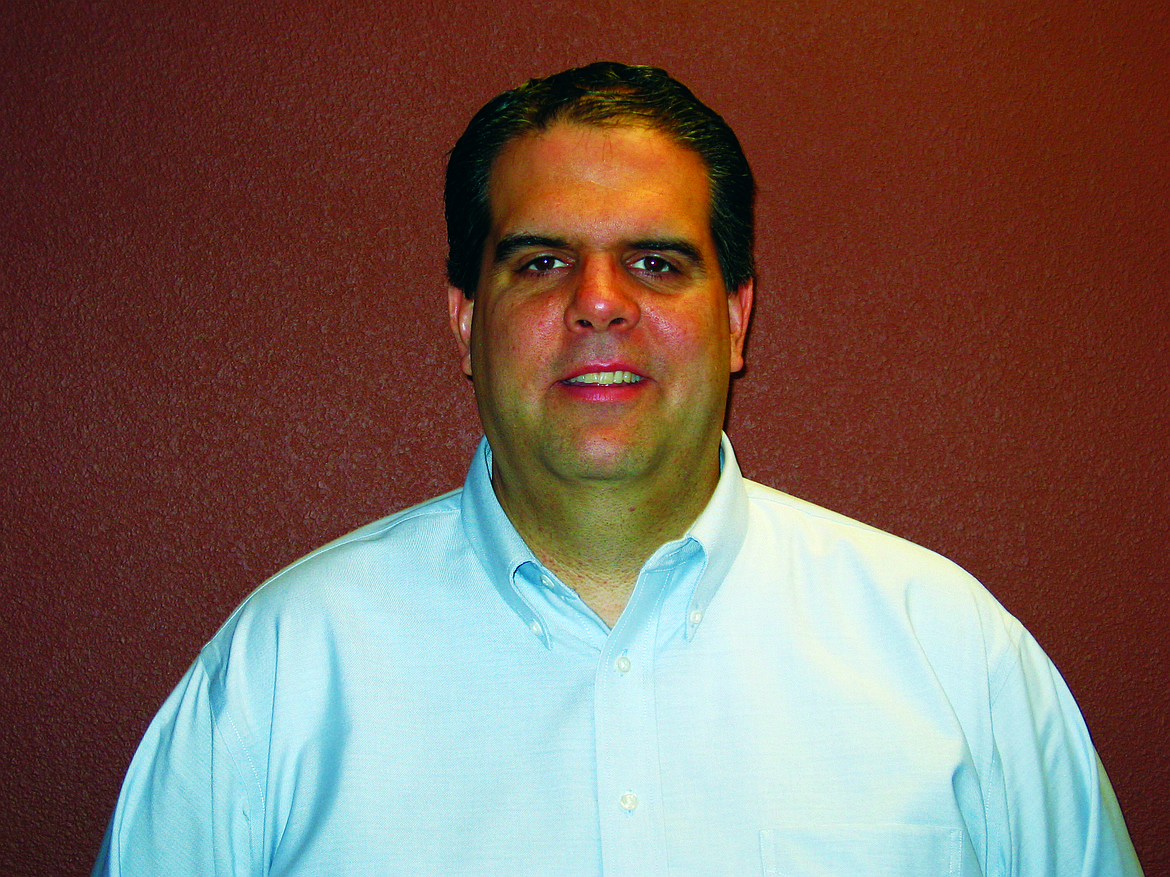ADVERTISING: Advertorial — Dehydration and its effects on your health
Dehydration occurs when your body does not have enough water to perform its normal functions. Your body loses more water and other fluids than it takes in, leading to a potentially serious medical condition. Excessive sweating, the use of diuretics, excessive alcohol use, serious diarrhea, fever and vomiting can cause dehydration. Failure to drink fluids during exercise or in hot weather also can cause dehydration. While dehydration can happen to anyone, children, the elderly and people with serious illnesses are at special risk for dehydration. Fluids should be replaced in the body before dehydration occurs. Your body provides several warning signs when it becomes dehydrated, thirst, mouth dryness, headache or muscle weakness are just a few.
When even a small percentage of water in the body is lost, every bodily function suffers. Symptoms of chronic dehydration will begin to appear when the body loses as little as two to three percent of total body water. Similar to planet earth, the human body is, on average, about 75 percent water. When dehydrated, the body will begin to ration water.
According to the Mayo clinic, the average adult loses about 10 cups of water every day from breathing, sweating, urinating and eliminating waste. Researchers also estimate that 50 to 75 percent of Americans suffer from chronic dehydration and they don’t realize it. This is partly because the symptoms of chronic dehydration are often mistaken for illness.
According to Dr. Dave Carpenter, author of "Change Your Water, Change Your Life," the following are 12 of the more common symptoms of chronic dehydration:
Fatigue, constipation, high blood pressure, high cholesterol, acid-alkaline imbalance, digestive disorders, asthma and allergies, weight gain, skin disorders, joint pain or stiffness, bladder or kidney problems and premature aging.
So how much fluid does the average, healthy adult living in a temperate climate need? Here’s an easy formula to follow, take your body weight, divide it by two and that is how many ounces of water you need per day. Now if you’re doing any strenuous activity you will need to increase your water intake.
At Natural Spine Solutions, we stress the importance of water intake because many individuals have degenerative changes including desiccation of spinal discs. The definition of disc desiccation is a degenerative disc disease that occurs when the fluid between spinal discs dries out. When the protein-like substance that surrounds spinal discs is gone, the spine becomes unable to support the weight of a body, and flexibility and mobility are severely impacted. For 2017, make it a habit to gradually increase your daily water intake if needed, you will be glad you did.
• • •
Dr. Wayne M. Fichter Jr. is a chiropractor at Natural Spine Solutions. The business is located at 3913 Schreiber Way in Coeur d’Alene, 208-966-4425.

